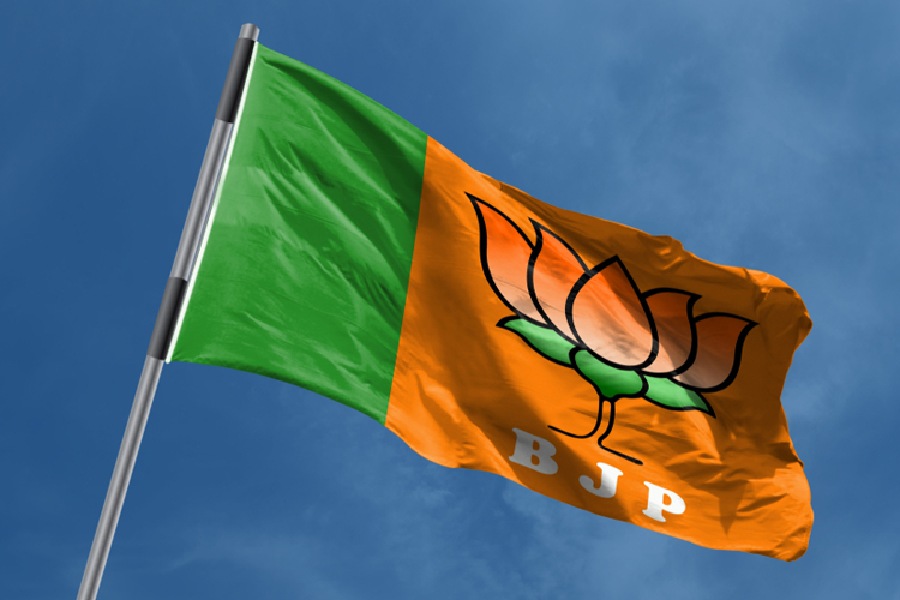In the house group chat, usually a scroll of memes, reminders and dinner plans, one of Jack Kankiewicz’s roommates dropped a screenshot of an article about President Donald Trump’s tariffs to global trading partners announced April 2.
Previously, tariffs were something Kankiewicz might only expect to hear from his friends majoring in political science. But since Trump’s announcement, he said, it has entered his everyday lexicon.
“My roommates and I have been tapping in a little more,” said Kankiewicz, 22. He realised he didn’t have a full understanding of tariffs, so he did some internet research to figure out how they might affect him, finding speculation on the rising prices of goods and a worsening job market.
People in their 20s viscerally understand that an economy is not solid matter on which to stand. They saw their families go through the 2008 financial crisis in elementary and middle school, then the Covid-19 pandemic in high school and college.
Over the last two weeks, with tariffs announced, then suspended, the stock market swinging with each announcement’s wake, many young adults have begun considering changing their habits around spending and saving to prepare for an uncertain economy.
Mykail James, a Generation Z financial educator who runs the site Boujie Budgets, used to focus on general budgeting tips for her audience. She is now making videos to help people keep up with the recent changes that have been affecting those budgets.
In her online community, she said, people were wondering what the effects of the tariffs will be on their bottom line, how much more they’ll have to pay if they’re car shopping, and whether small businesses they enjoy will survive.
“I’ve seen more people promoting living with roommates and collaborating and combining funds that way, versus living alone or being siloed.”
James closed on a house in Baltimore in November, and, having been shocked by a $400 utility bill, is worried about seeing costs rising even more because of Trump’s tariffs.
Kenna Srivastava, 21, recently sat working with a friend, who looked up from reading an article on his phone after the initial tariff announcement to say, “Oh, my gosh, iPhones are going to go up to $2,300.” “I was like, ‘I’m keeping mine until the next administration’,” said Srivastava, who graduated last year from Rutgers University.
With Trump shifting his policies, it’s been hard to keep track of the news. She pays more attention to the stock market. When she sees a change, she checks the headlines.











